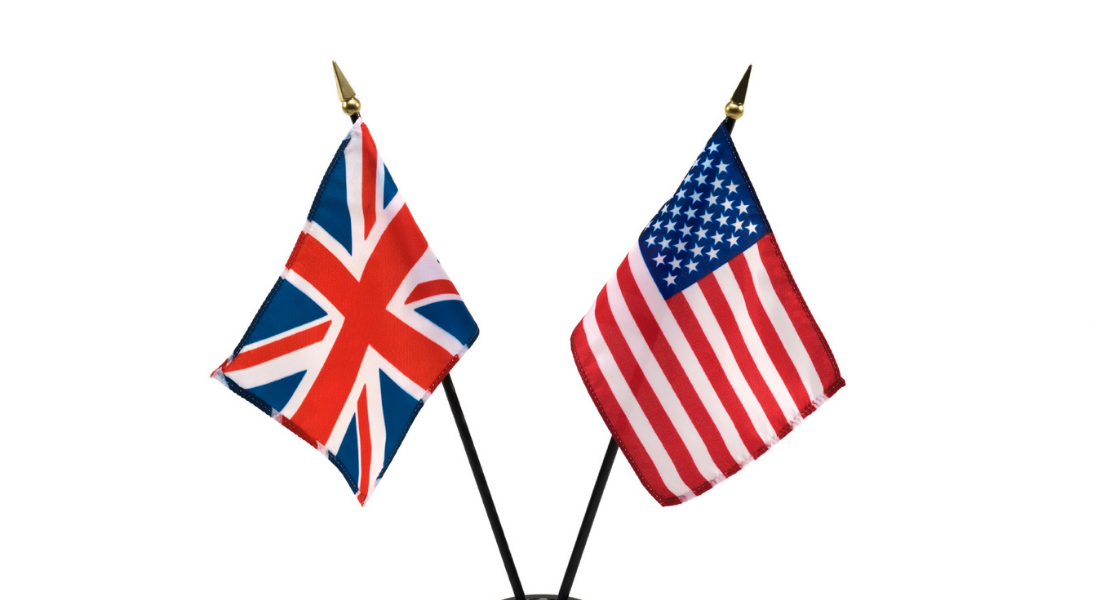Have you ever thought of working in any other country than your home country? I have, and here I am writing a blog entry in London for Fourth Day while my home is in Phoenix, Arizona.
Anyone would say that this is a great opportunity and I would agree with them. It is a great opportunity to experience new work, new people and a new culture. Is it easy? No. Coming to a different country with a different work culture can result in many disconnections as well as misunderstandings. Based on my experiences here, however, I can safely say that I would enjoy working in London.
I am a student graduating from Arizona State University with a degree in interdisciplinary studies, concentrating on small business and communications. I have learned in my studies that leadership is extremely important and the right leader with the right team can yield phenomenal results. This theory is a universal one in business and I have seen it in practice in the US as well as in the UK. So, what exactly are the differences in work culture between the two countries, then?
I have noticed a few. Internships, or work experience placements, are fairly new to the UK and more and more companies are taking advantage of them as they provide both students and businesses with a great opportunity. The experience can be daunting, however. As an intern, I knew that I would be doing work that I’d never done before. That, combined with the fact that I would be working with people I’d never met who had no idea who I was meant that I was quite scared at first.
Prior to my month at Fourth Day, I was able to work with another PR firm for a day, in London as well, which proved to be a very different experience. There was a more keep-to-yourself atmosphere, with less conversation about personal adventures peppered into a busy workday. Being fairly new to the culture, this shocked me quite a lot and I thought this over-formal environment would be the same in every PR office in the UK. My first impression suggested that the British really were as reserved as the stereotypes suggest and did not care about their colleagues’ lives outside of work. But to the rescue came the team at Fourth Day, who quickly proved this was not the case! It is great to be able to experience a team with such cohesiveness and confidence. They certainly did raise my expectations for the future PR offices I will encounter. To expand on my earlier point about leadership, the management team also generally influences the office’s atmosphere – which in Fourth Day’s case was peaceful and open.
Part of this culture can be attributed to work/life balance – something much more prevalent in the UK than in the ‘workaholic’ culture that we deal with in the US. While US businesses compensate those that work harder (or at least longer hours), it seems that companies in the UK build these rewards into general working practices, offering more flexible working hours, and more holiday time, for example. This system means that UK businesses don’t need to produce a reward each time a worker exceeds their expectations, which seems to be the case in many US companies. It also begs the question: do you work to live or live to work?
These are just my observations as a recent university graduate. I’ve learned a lot about cultural differences in business and hope that this experience will help me to make the right choices and use what I have gained to make the most out of my career and life.
Share this:





